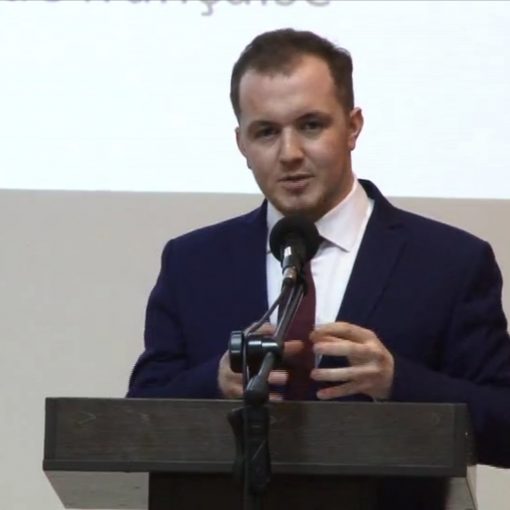Central Asia Watch Team : Aliya Yechshanova, Sophie Marc
07/19/2022: President Mirzieyev receives the Vice-President of the Islamic Republic of Iran – Aliya Yechshanova
On 19 July, the President of Uzbekistan, Shavkat Mirziyoyev, met with the Vice-President of the Islamic Republic of Iran, Soren Sattari, on a working visit to Uzbekistan.
The Uzbek leader and his guest discussed the prospects of building mutually beneficial cooperation in the field of joint projects in the scientific, technical and innovative spheres. The Parties noted the growth of indicators of trade and economic cooperation. There was a significant increase in the volume of trade between the two countries, at the end of last year it grew by 73%, and in the first half of the current year – by another 22%. During the meeting, opportunities for establishing joint activities in the conduct of joint scientific and applied research, attracting private business to finance venture initiatives were noted, as well as for the development of joint projects in the field of information technology, pharmaceuticals, bio- and nanotechnology.
A «road map» will be adopted for the implementation of agreements and joint projects within the framework of the Uzbek-Iranian innovation forum, which will be held in the near future.
22/07/2022: The 5 leaders of the countries of Central Asia fail to agree during their summit in Kyrgyzstan – Sophie Marc –
While the summit bringing together the five leaders of the countries of Central Asia – Kazakhstan, Turkmenistan, Uzbekistan, Kyrgyzstan and Tajikistan – had been presented as historic to deepen regional integration, their presidents are currently unable to agree.
Initially thought of on a proposal by the former President of Kazakhstan, Nursultan Nazarbayev, postponed with the pandemic and then taken over by his successor, Kassym-Jomart Tokayev, the summit organized in Kyrgyzstan was to result in the signature by the five leaders of a treaty of friendship and regional cooperation for the development of Central Asia. In the end, only 3 countries ratified it: Kazakhstan, Kyrgyzstan and Uzbekistan. The two other countries – Turkmenistan and Tajikistan – used the pretext of internal procedures to be finalized to justify their hesitation, a response deemed unconvincing by observers.
If the desire to deepen cooperation, particularly economic cooperation in the region and to go beyond the problem of infrastructure is clearly displayed by the three signatory countries, the two other presidents focused their speeches more on the problems of the region, in particular those coming from Afghanistan. The stability of the region seems to be their first priority, more than creating real regional cohesion. A diplomatic source nevertheless said that the two countries would probably sign the treaty in the coming weeks.






